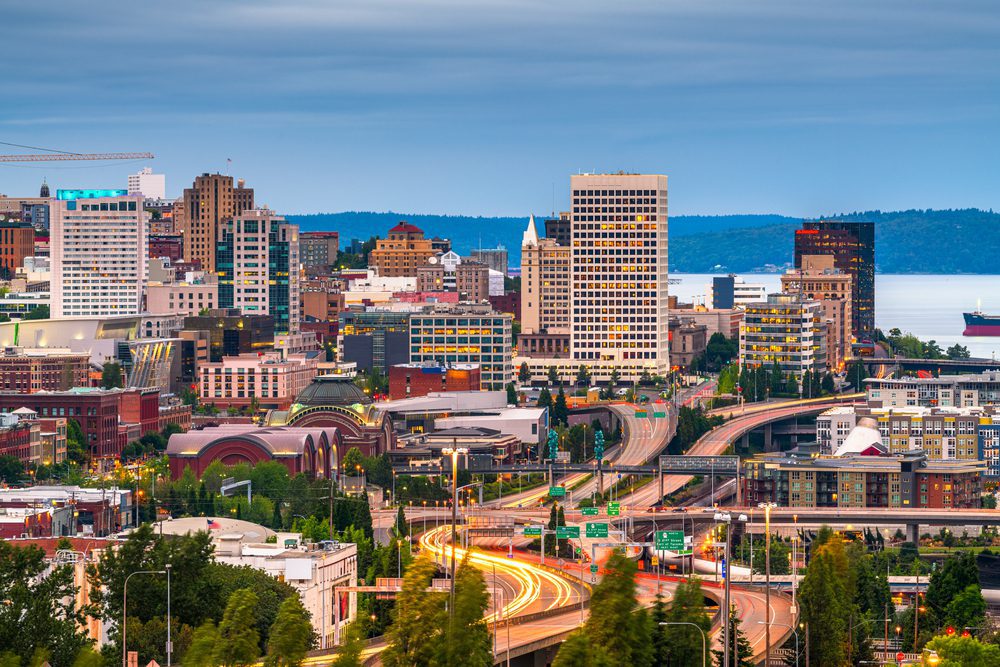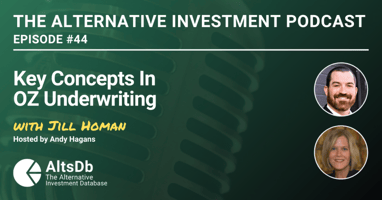Dallas-based Stillwater Capital Investments and investment firm Pinnacle Partners are planning a...
3 Differences Between Opportunity Zones & 1031 Exchanges
There are immense opportunities for investors in the real estate industry. It’s one of the most lucrative and stable investment moves you can make that will help you reach your financial goals and build a long-lasting income-generating portfolio.
Real estate investors can also take advantage of government tax benefits and opportunities such as 1031 exchanges and investing in opportunity zones.
A 1031 exchange allows investors to defer paying capital gains tax until they sell their property without the intent to reinvest their proceeds.
Investing in an opportunity zone allows investors to defer capital gains tax for some time and exclude a certain percentage from being taxed after owning the property for a certain number of years.
While both of these are beneficial and both defer capital gains tax, there are some major differences you should be aware of before deciding which option is best for your investment goals.
1. Tax Deferral Timeline
While both 1031 exchange and opportunity zones allow investors to defer capital gains tax, the timelines and setups are a bit different.
When taking advantage of the 1031 exchange benefits, investors can defer capital gains tax until they sell a property and keep the proceeds. If an investor sells a property and decides to reinvest the proceeds in a like-kind investment property, they may defer paying these taxes. This can happen over and over again until they decide to cash out.
The capital gains tax is deferred until December 31, 2026 when investors choose opportunity zones. However, after this date, the amount that is taxed decreases depending on how long you hold the property. For example, 10% is excluded if you hold the property for 7 years, and 15% is excluded after 10 years.
2. Investment Opportunities
With a 1031 exchange, investors must invest in like-kind properties. This does not mean the quality must be the same, but the use should be. For example, an investor cannot take advantage of the exchange if they sell a residential property and purchase a commercial one.
Investing in opportunity zones is also limited to specific areas designated by the government. These areas need development and gentrification.
3. Means of Investment
When investing and using a 1031 exchange, investors are limited to only real estate transactions. However, these properties may be located anywhere in the world.
To invest in an opportunity zone, investors must participate in a Qualified Opportunity Fund managed by professionals and established as a partnership or corporation.
.png?width=199&height=50&name=PP-Color-Logo%20(1).png)
.png?width=50&name=Blake-Backer-Square-V1.0%20(1).png)


